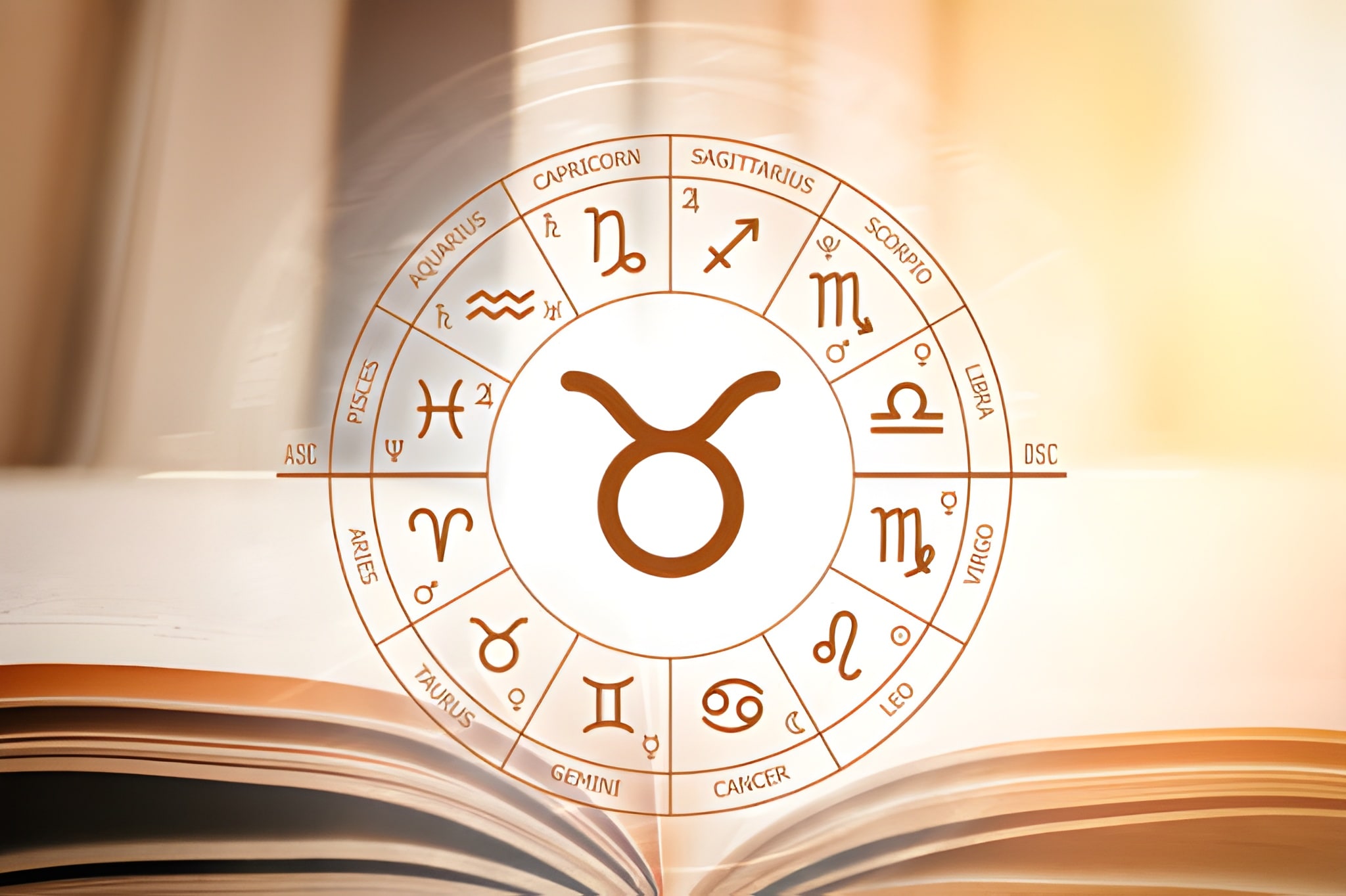Ketu in Vedic astrology is one of the most mysterious and spiritually charged influences in Jyotish. This South Node of the Moon represents karmic residue, detachment, spiritual intelligence, and the urge to withdraw from illusion. Where Rahu obsesses, Ketu releases. Where Rahu wants to experience, Ketu says, “I’ve already experienced this. I’m done.”
Because of that, Ketu in Vedic astrology is often misunderstood as only loss, separation, or instability. But spiritually, Ketu is the force that pulls your awareness inward. It dissolves unhealthy attachment, strips ego out of achievement, and pushes the soul closer to moksha (liberation). Ketu is not here to punish you. Ketu is here to unhook you from what you think you are.
Its Mahadasha (7 years in Vimshottari Dasha) often feels like a reality check: “Does this still matter, or are you pretending it matters?” For some, that’s disorienting. For others, it’s the doorway to clarity, purpose, and peace.
Ketu in Vedic Astrology and the Nature of Detachment
Ketu in Vedic astrology is a force of subtraction. It takes away identification, not necessarily possessions. You may keep the job, the relationship, the wealth — but you stop clinging to them like they define your worth. This is why Ketu is associated with saints, mystics, renunciates, healers, and researchers who work in silence. Ketu is obsessive focus without ego hunger.
Ketu is also linked with past-life mastery. Wherever Ketu sits in the birth chart is an area where the soul has “been there, done that.” So Ketu gives both strange talent and strange boredom there. You may be naturally gifted, but also quietly disinterested or restless in that part of life. That boredom is not laziness — it’s karmic saturation.
Ascendants and Ketu’s General Comfort
Some Lagnas handle Ketu’s detachment better than others. In general, Ketu in Vedic astrology tends to be more cooperative for ascendants that are emotionally or spiritually inclined:
- Cancer, Leo, Scorpio, and Pisces ascendants: Ketu tends to sit more comfortably here. These ascendants already lean into intuition, faith, depth, and intensity. Ketu’s spiritual pull feels familiar, not alien.
- Capricorn ascendant: Ketu can behave surprisingly well when tied to gainful houses. For Capricorn Lagna, Ketu has a link to the 11th house of progress and networks. With a strong Mars, it can actually produce material success, influence, and alliances — even though Ketu’s deeper nature is detachment.
In other words, Ketu in Vedic astrology is not always anti-success. Sometimes it gives achievement — but without emotional attachment to that achievement.
Ketu in Vedic Astrology and Planetary Conjunctions
Ketu fuses with whatever it touches. It does not politely “aspect” a planet — it merges into it and hollows out the ego of that planet. Here are some classic conjunctions involving Ketu in Vedic astrology:
- Ketu + Jupiter: Spiritual clarity, intuitive wisdom, ethical detachment. If connected to wealth houses (2nd / 11th), this can even bring financial gain during Ketu Mahadasha — but with a calm, “money doesn’t own me” mindset. This combo can feel deeply content.
- Ketu + Saturn: Austerity, seriousness, withdrawal from worldly ambition. This pairing can look like “I don’t care about corporate power anymore.” When benefics don’t support it, career direction may feel lost. When Venus joins, this can become saint-like, celibate, or devoted to service.
- Ketu + Mars: Laser focus, surgical precision, fearless intensity. Shadow side: accidents, cuts, surgeries, confrontations — especially if this is in the 1st, 6th, 8th, or 11th house and within ~5°. This is high-voltage karmic fire. With benefic protection, it produces courage, survival instinct, and near-militant self-control.
- Ketu + Moon: Emotional detachment. Psychic sensitivity. Can appear “cold,” but it’s more like still water at depth. The mind turns inward. In fixed signs, this may look like stoicism. In water signs, it can look like clairvoyant-level intuition.
- Ketu + Mercury: Excellent for research, analysis, law, investigation, teaching. The mind wants truth, not chatter. The voice may become cutting, quiet, or minimal.
- Ketu + Sun: Ego burn. The native may wrestle with identity, father issues, visibility, confidence, or spine/vision concerns. At its highest expression, this creates humility and spiritual authority, not performative pride.
With all of these, Ketu in Vedic astrology acts like a purifier. It carves away egoic noise and leaves only essence.
Signs and Dignity: Where Ketu Thrives
Because Ketu has no physical body, it “borrows” dignity from sign lords. Its behavior is filtered through the planet that rules the sign it sits in. Still, traditional observation gives key comfort zones:
- Best signs (exalted / high dignity): Scorpio, Sagittarius, Pisces. In these, Ketu in Vedic astrology tends to produce intense intuition, spiritual hunger, and deep karmic insight. You may feel “called” inward.
- Weaker signs (debilitated / low dignity): Taurus, Gemini. Here Ketu can feel confused, restless, or materially destabilizing, especially around security (Taurus) or logic/communication (Gemini). Money, values, or mental peace may churn.
But always check dignity of the sign lord and Nakshatra lord. Ketu’s dispositor (host planet) decides whether you get mystic calm or anxious disorientation.
House Placement of Ketu in Vedic Astrology
The house where you find Ketu in Vedic astrology shows where you are being pushed toward detachment, purification, or karmic closure. This can feel like crisis if you resist, and like liberation if you surrender. Some recurring patterns:
- 3rd, 6th, 11th houses: Surprisingly good for worldly success. These are “upachaya” houses (growth through effort). Ketu here gives grit, problem-solving, and victory over competitors. You get results — you just don’t brag.
- 12th house: Mystical potential, isolation, foreign places, meditation, sleep states. With Jupiter’s blessing or Saturn’s discipline, this can produce genuine spiritual depth, retreat energy, even devotion or seva (service).
- 8th house: Volatile. The 8th is transformation, secrets, crisis, tantra, sudden breaks. Ketu here can trigger karmic eruptions, scandals, surgeries, occult fascinations. This can be either deep initiation or deep instability, depending on benefic support.
- 7th house: Emotional distance in partnership. Sometimes delay in marriage, or a sense of “I’m here, but I’m not fully emotionally owned by this bond.” If Venus, the 7th lord, and Navamsa (D9) are strong, marriage can still last — but it may take a mature, spiritual tone instead of a purely romantic one.
So when people ask, “Is Ketu in the 7th house bad?” the better question is: “Is partnership supposed to be my soul’s main classroom this life, or is the chart directing me somewhere else?” That’s how Ketu in Vedic astrology really works.
Ketu Mahadasha in Vedic Astrology
The 7-year Ketu Mahadasha is not for sleepwalkers. Ketu in Vedic astrology during its Mahadasha tends to trigger:
- Detachment from things you thought you wanted.
- Identity shifts, especially if Ketu touches Sun, Moon, or Lagna.
- Dissatisfaction with shallow goals, fake status, or hollow success.
- Strong pull toward spiritual work, healing, occult study, meditation, pilgrimage, silence.
- Questioning relationships that are built only on desire, not depth.
This is why some people say Ketu Mahadasha “ruined” their career or love life. Very often, it didn’t ruin it — it exposed its hollowness.
Also important: Ketu Mahadasha sits between Mercury’s Mahadasha (17 years, intellect/social function) and Venus’s Mahadasha (20 years, love/comfort/pleasure). Ketu is like a karmic tunnel between “mind” and “desire.” If Mercury and Venus are strong benefics in the chart, Ketu’s Mahadasha tends to feel smoother and more clarifying. If Mercury/Venus are weak or afflicted, Ketu can feel lonely, restless, or disorienting until you realign with purpose.
Dispositors: How Ketu Actually Behaves in Your Chart
A huge rule in reading Ketu in Vedic astrology: Ketu has no sign of its own. It behaves like its host. So you MUST study:
- Sign lord: The planet ruling the sign Ketu sits in.
- Nakshatra lord: The planet ruling the Nakshatra where Ketu sits.
If those dispositors are strong, ethical, well-dignified, and well-placed, Ketu becomes a spiritual scalpel — clean, precise, focused. If those dispositors are weak or afflicted, Ketu can act like a wild blade — cutting ties chaotically, triggering anxiety, sabotaging stability.
This is why two people with “Ketu in the 8th house” can live completely different lives. It’s not copy-paste astrology. It’s dispositor-driven.
Transit and Karma Activation
Transits of Ketu over natal Ketu, Mars, Saturn, or Rahu can create intense “karmic checkpoint moments.” You’ll often see:
- Sudden break in career direction (especially with Ketu–Saturn contact).
- Emotional or relational distancing (Ketu–Venus or Ketu–7th house themes).
- Spiritual breakthroughs, psychic sensitivity, dream messages (Ketu–Moon).
- Medical procedures, injuries, or forced slow-down (Ketu–Mars / Ketu–8th house trigger).
Again, Ketu in Vedic astrology is not random. It’s activation of unfinished business. Ketu pulls cords you didn’t know were still tied.
Important Notes on Ketu in Vedic Astrology
Can Ketu Mahadasha bring wealth or success?
Yes. Ketu in Vedic astrology can absolutely deliver material gain if it sits or aspects upachaya houses (3rd, 6th, 10th, 11th), especially when supported by Mars or Jupiter. The twist? You get success but feel emotionally detached from it. Ketu lets you play the game without being enslaved by it.
Does Ketu + Venus / Saturn always mean sainthood?
Ketu with Venus can cool desire and shift love toward devotion, art with purity, or higher ideals instead of raw sensuality. Ketu with Saturn can produce severity, discipline, renunciation. Add Jupiter’s grace and yes — you sometimes get authentic spiritual dignity. But “saintly” doesn’t always mean poor. It can mean inwardly free while outwardly functional.
Why is Ketu in the 8th house called unstable?
The 8th house is crisis, transformation, secrets, inheritance, surgery, taboo. Ketu is sudden release. Combine them and you get intense karmic purging. This can look like occult fascination, sudden life turns, or scandal exposure. With benefic support, it becomes deep healing and esoteric mastery. Without it, it can feel like chaos and instability.
Does Ketu in the 7th house destroy marriage?
Not automatically. Ketu in Vedic astrology in the 7th house tends to create emotional distance, spiritualize the concept of partnership, or delay conventional attachment. If the 7th lord, Venus, and the Navamsa (D9) are strong, marriage can endure — just with less clinginess and more maturity. When those factors are weak, loneliness inside the relationship can become a theme.
What does Ketu + Saturn usually mean karmically?
Ketu–Saturn can look like “I am tired of worldly duty.” It often reflects past-life austerity. In career, this pairing may cause dissatisfaction or slow progress if unsupported by benefics. Spiritually, it creates endurance, depth, and detachment from ego-driven ambition.
FAQ: Ketu in Vedic Astrology
How do I handle Ketu Mahadasha without losing myself?
Give Ketu what it wants: humility, service, quiet, truth. Regular spiritual practice, disciplined routine, prayer, charity, seva, meditation — these ground Ketu. Ketu rewards surrender to higher order. Ketu punishes ego panic.
Are there remedies for a difficult Ketu?
Traditional approaches include mantra (“Om Ketave Namah”), selfless service, helping those in need, supporting spiritual causes, and living simply. Ketu responds very well to sincere humility. Flashy ritual without sincerity does not impress Ketu.
Why is Ketu said to “act like Mars”?
In many classical teachings, Ketu in Vedic astrology behaves like Mars — but internally. Mars fights visible battles; Ketu fights internal ones. Ketu burns the ego, the craving, the addiction. It’s controlled ferocity, turned inward. That’s why Ketu can feel like surgical detachment.
How much does Ketu’s dignity matter?
Completely. A strong, exalted Ketu (for example in Scorpio, Sagittarius, Pisces) with a strong dispositor gives insight, stillness, and spiritual authority. A weak, afflicted Ketu in difficult houses (like 8th or 12th) without benefic support can feel like confusion, loss, or emotional numbness. The sign lord and nakshatra lord decide whether you get awakening or just burnout.
Is Ketu only “spiritual,” or can it affect normal life?
Ketu affects both. Ketu in Vedic astrology can give money, rank, respect — then make you emotionally indifferent to all of it. Its lesson is: achieve if you must, but do not worship what you achieve. Ketu is not against success. Ketu is against attachment.
Closing Thought (and Your Next Step)
Ketu in Vedic astrology is the part of your chart that says, “This is not who you are anymore.” Sometimes that feels like loss. Sometimes it feels like freedom. Long-term, it’s actually mercy.
Want to understand what Ketu is really doing in YOUR chart? Book a personal reading with Much Needed Astro. We’ll map your Ketu Mahadasha timeline, your karmic detachment zones, your relationship patterns (Ketu in the 7th / Venus links), and how to work with Ketu instead of fighting it.




